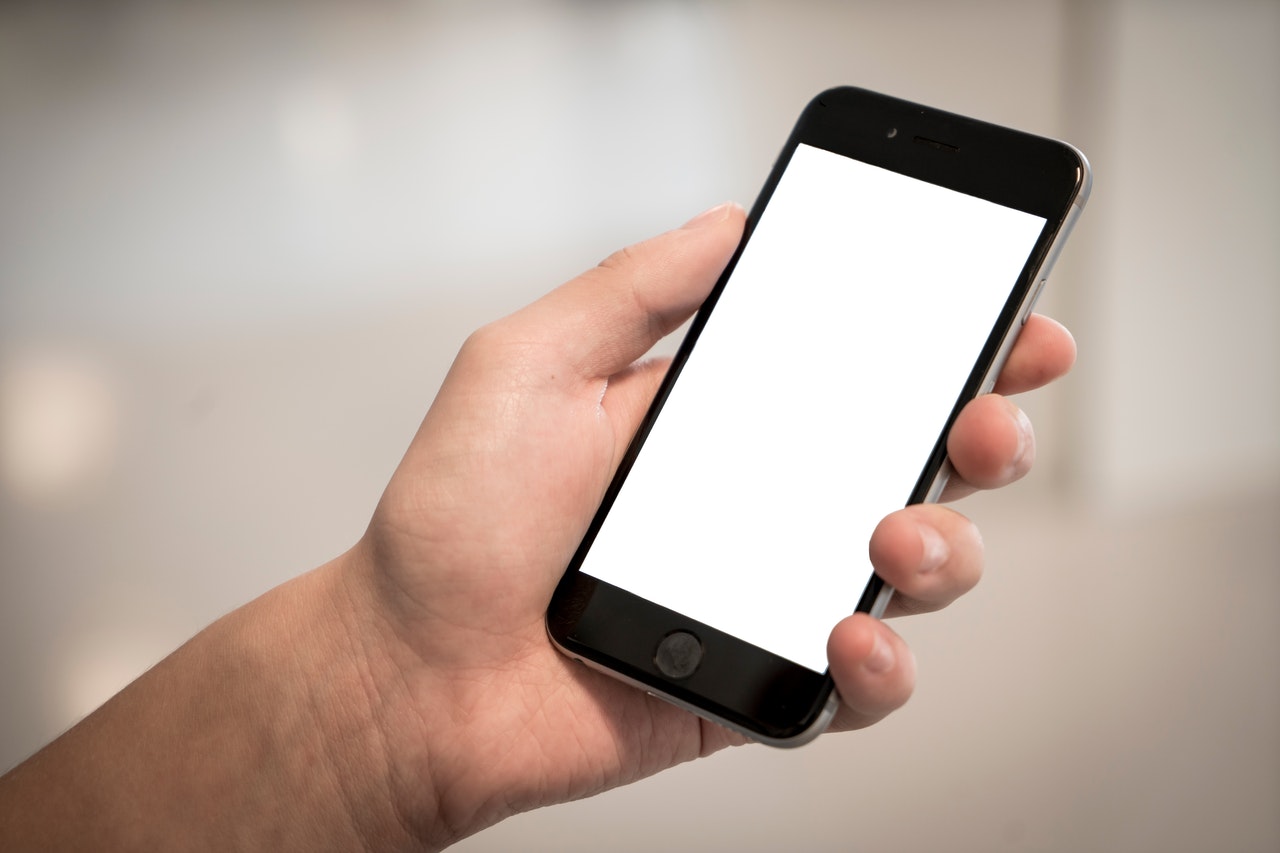Pros and Cons of Buying Wholesale Used Smartphones

The newest smartphone models can cost a fortune, and only remain on the cutting edge of advanced technology for a year until the next latest and greatest model comes out. Instead of constantly chasing the next big thing, sometimes it’s good to find something reliable and dependable that can last a few years. If you are looking to buy a new phone this year, then take a second to think about buying a used smartphone. You can get tons of great models as unlocked and refurbished smartphones. With the internet boom, buying online has never been easier, and getting a used smartphone in great condition is a breeze. Let’s look at the pros and cons of buying a used smartphone.
Pros:
Let’s start by looking at the positives of buying a used smartphone. The biggest and most obvious benefit is the cheaper price, but getting a used phone has other benefits as well. Getting a used phone means that more information is available about your device, and there has been more time to accumulate reviews and advice about the device. Buying a used or refurbished phone can also have environmental benefits as well.
Price: This is the biggest hurdle when it comes to any big purchase. Most of the newest smartphones cost over $1,000, and that's a lot of money to spend in one place, especially if you are looking to get the newest model each year. Last year's models are usually nearly as powerful as the latest smartphone, and can be bought at a fraction of the cost. Getting a used phone from a wholesaler can drop that price even further, and with unlocked and refurbished phones, you won't even be able to tell your new phone isn't brand new.
Knowledge: When it comes to technology, sometimes it can take a while to work out all the kinks. At some point, everyone has experienced a software update that made their machine run slower, or added new features that caused more problems than they fixed. Most people would agree Windows 8 is better than Windows 9, and at times the same can be true about smartphones. Buying a used smartphone means the manufacturer has had time to work out all the bugs and issues. It also means you have more ability to look up reviews and user complaints, and find a phone that matches exactly what you need without all the extra fluff and features you'll probably never use.
Environment: One of the biggest environmental issues is tech waste. According to the UN Environment Programme (UNEP), 53.6 million tons of electronic waste was generated last year. That's a staggering amount of raw materials, more than any other year, just tossed aside or in a landfill polluting the Earth. If getting a smartphone model from a previous year is on your agenda, then think about getting a used one. It will cut down on waste and help to preserve the environment. Getting an unlocked or refurbished smartphone can help your wallet, and your conscience can feel good about your purchase.
Cons:
While a used smartphone might be cheaper, there's usually a reason for the price. A used or unlocked phone might be damaged, come without a warranty of protection from being damaged and have other issues as well. Here are some common problems with buying used phones.
Condition: Most used phone sellers have a grading system to help customers understand the quality of their product. It's important to always buy from a trusted source or else you might end up with a bad or damaged phone. Some common issues in buying a used a-stock b-stock or refurbished phone are scratches and a depleted battery life. Usually a scratch or two isn't a big issue, but if the phone has been banged up pretty bad, it might not look like it's brand new, even if all the internal components are still working just fine. Also be sure to buy from a trusted source or a cellphone wholesaler with a good reputation with used phones. If your phone is damaged, you might want to simply cover up a damaged phone with a nice-looking phone case. The real problem is that battery life can decrease over time. A phone that looks perfect and runs perfectly might not last as long as expected.
No Warranty: Another issue to be aware of is that most used smartphones do not come with a warranty. When you buy a new phone in the store, most brands will offer a two-year warranty, but a used phone from a wholesale retailer might not offer the same. Under warranty, a damaged phone can be repaired or replaced with no cost. Without a warranty, if you drop your phone, spill water on it or cause any other damage, the cost of repairs might have to come from your wallet.
Old Models: This last con should be obvious, but if you are buying a used phone, it is unlikely that it will be the latest model. Advances in technology also mean that some older software might become obsolete. This means that if your phone is too old, that software might run slower, certain apps might not be able to download, and your phone might no longer receive updates. It might also be harder to find accessories for your phone, such as cases and chargers, which change every few models. When getting a new phone, it's important to consider the lifespan of the phone. Getting a more recent model usually means having a longer time to use it at peak efficiency before the battery life, software updates and new advances in technology slow it down.
There are no products listed under this category.
